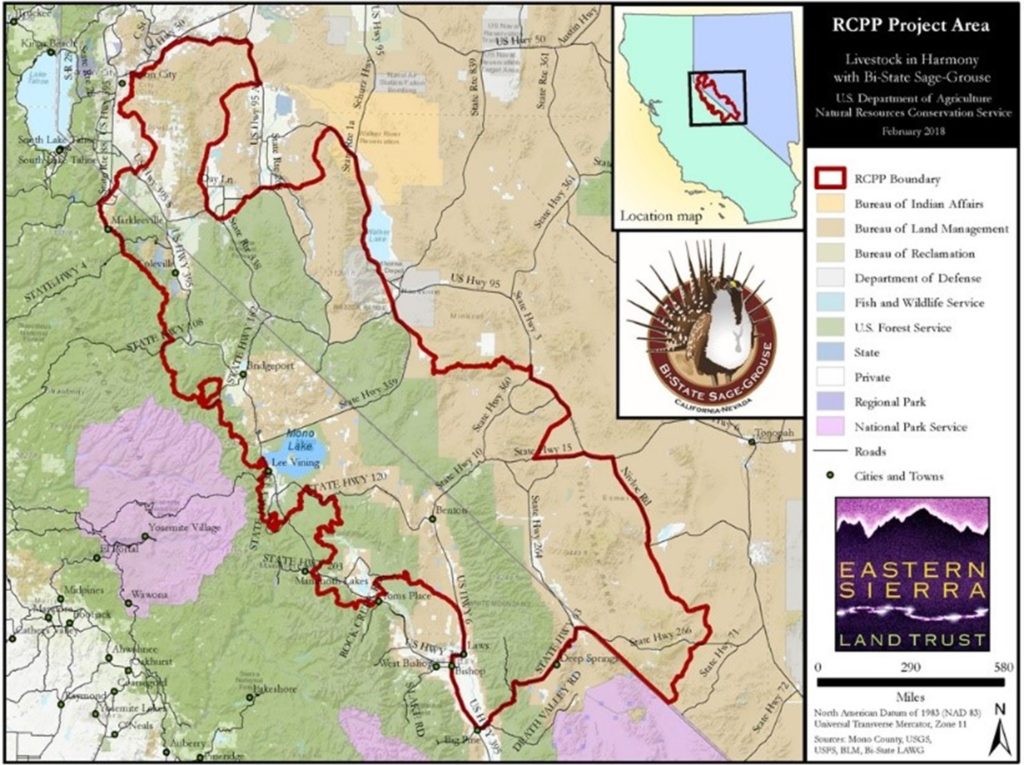Secretary Haaland announces new actions to conserve and enhance wildlife migration corridors in partnership with states and Tribes
Today, the Theodore Roosevelt Conservation Partnership celebrated a U.S. Department of the Interior event announcing a suite of developments and commitments centered on wildlife migration and connectivity.
Secretary Deb Haaland participated in a live-streamed panel discussion on wildlife movement corridors and habitat connectivity, highlighting steps that the Biden Administration is taking to continue implementation of Secretarial Order 3362—signed in 2018 by then-Secretary Ryan Zinke—as well as plans to expand this work to include additional species and geographies.
“Migration corridors and other seasonal habitats are critical to maintaining wildlife abundance and public hunting opportunities in the West,” said Whit Fosburgh, president and CEO of the Theodore Roosevelt Conservation Partnership. “We appreciate Secretary Haaland’s leadership on this issue, and today’s announcement further demonstrates that wildlife migration conservation is an issue that spans political boundaries and is something that all Americans can agree on.”
In addition to the panel discussion, several announcements from the event promise a continuing commitment and further progress on the issue of wildlife migration, including:
- The National Fish and Wildlife Foundation announced a new round of grant funding for its Improving Habitat Quality in Western Big Game Migration Corridors and Habitat Connectivity program.
- The U.S. Geological Survey is set to release the second volume of the ungulate migration atlas, an online and print publication that includes maps and detailed descriptions of numerous migration corridors across the West.
- The U.S. Fish and Wildlife Service has entered into a memorandum of understanding with the Native American Fish and Wildlife Society, a national organization that provides its more than 200 member Tribes with assistance and support in the conservation and management of their fish and wildlife resources.
Wildlife migration corridor conservation was highlighted in the May 2021 report, Conserving and Restoring America the Beautiful. In August of that year, the Department of the Interior, Department of Agriculture, and state of Wyoming announced new cooperative efforts to partner in the conservation and enhancement of wildlife migration corridors, which marked the Biden Administration’s first agency efforts to address the issue.
“As landscapes across the West green up with the arrival of spring weather, the seasonal movements of elk, mule deer, and pronghorns are on full display, which brings into focus the very significant challenges these animals face in reaching the habitats they need to survive,” continued Fosburgh. “Hunters and conservationists recognize both the importance of Interior’s leadership on this issue as well as the need for continued cooperation by the administration, states, Tribes, and private landowners, all of whom have critical roles to play in conservation.”
Photo: Bill Sincavage (@jakeysforkphoto)






